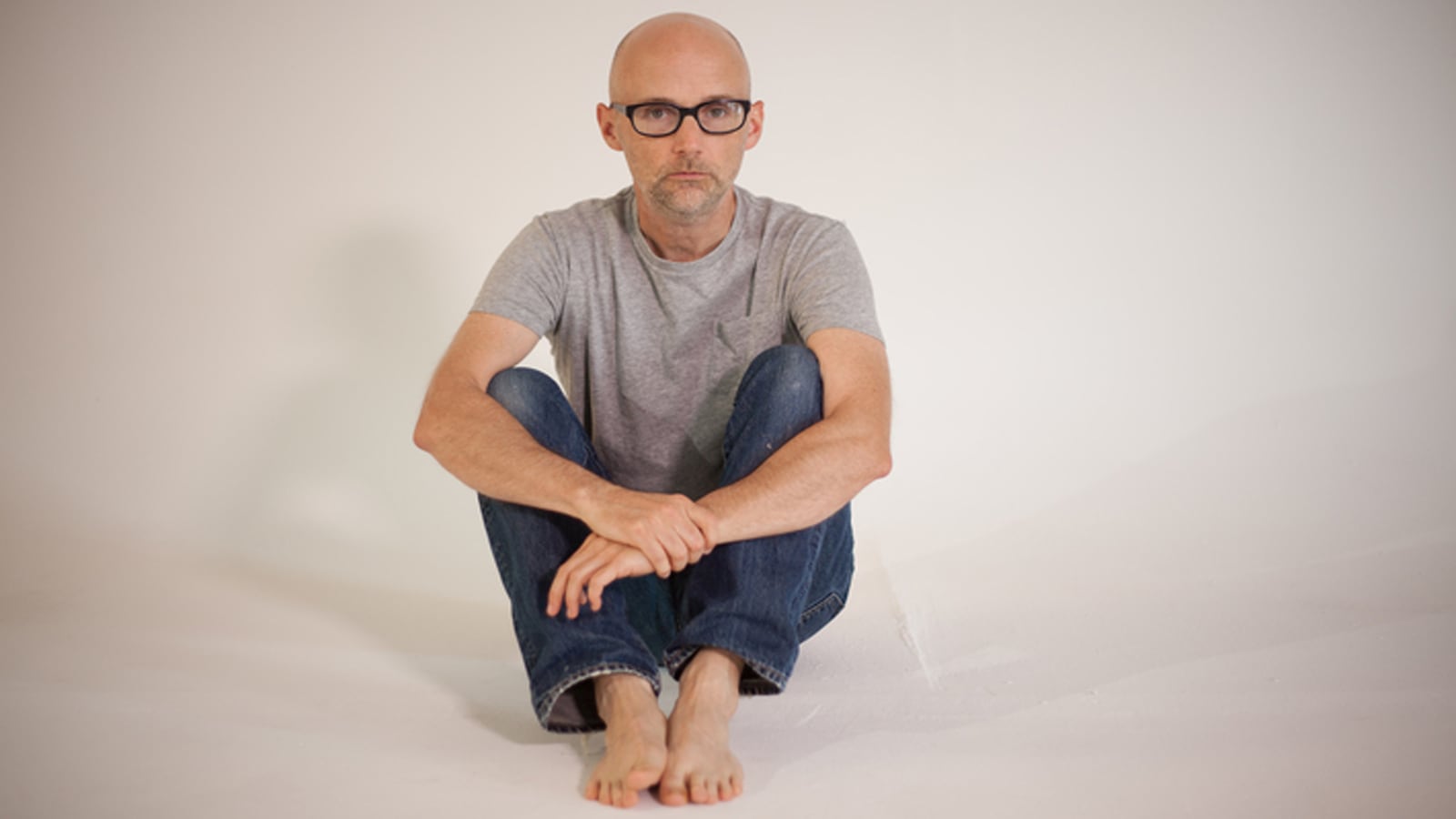When did you become interested in food and cooking? “I was born in New York and grew up in Connecticut, and I had the most basic, standard, sad suburban diet. I had Frosted Flakes every morning and ate a lot of hamburgers and salami sandwiches and went to McDonald’s with my mom and my friends as often as I could. That was my culinary experience growing up. Every now and then, my mom or my grandparents would try to expose me to something different, and I just hated it. My grandparents took me to a Broadway show and a French restaurant afterward sometime in the ’70s, and I hated every second of it. I just wanted to go home and watch TV and eat hamburgers.
What made me think about food differently is when I became a vegetarian, in 1983. Suddenly, I couldn’t eat the food I had eaten growing up anymore, and I had to figure out what else I could possibly eat. Most people think of vegan food as being really restrictive, but for me it was totally the opposite—becoming a vegan introduced me to Thai food and Indian food and Mexican food and all these types of food I’d been scared of before that.”
You’ve been fully vegan for 30 years, and a vegetarian even longer. What made you decide to give up eating meat? “I grew up with the weird human paradox of loving animals and also eating them. We had rescue dogs, cats, mice, lizards. I loved all the animals in our house unconditionally, and I also loved going to Burger King. When I was 19, I was petting a cat we’d rescued, and I suddenly realized that this cat I loved has two eyes and a central nervous system and a rich emotional life and wanted to avoid pain and suffering, and a switch flipped in my brain and I realized that all animals have two eyes and a central nervous system and a rich emotional life and want to avoid pain and suffering, and I realized I couldn’t be involved with anything causing animal suffering.”

Recently you teamed up with New York restaurateur Ravi DeRossi to relocate and expand Ladybird, a vegan tapas bar that in the East Village. How did the partnership come together? “I met Ravi through a mutual friend of ours when he’d recently become vegan and was in the process of turning his restaurants and bars vegan. [DeRossi owns 13 bars and restaurants in total, and announced last year that he plans to turn them all vegan.] He took me on a walking tour of Lower Manhattan of all his restaurants and bars, and I couldn’t keep track of how many there were. He had four restaurants and bars in one building! None of it made sense to me, and I was totally impressed. I find it unbelievably stressful and challenging to run one restaurant, and I have no idea how he does what he does. He asked me if I wanted to be involved in Ladybird, and in a very dilettantish way, I said yes.”
Ladybird isn’t your first restaurant project; you also own Little Pine in Los Angeles, which debuted in 2015. What made you want to get into the notoriously difficult restaurant business? “I’d say in equal measures, it’s masochism, hubris, vegan activism, and a strange love for creating something in the physical world. The vegan activism is a big part of it. Animal activism is my life’s work, and to that end I make documentaries, I write, I post pictures, but there’s something important about creating a beautiful vegan restaurant that doesn’t look like a vegan restaurant—the benign lifestyle side of veganism. Everything else I do exists either on a screen or speakers, so there’s no physical thing we’re creating, and with a restaurant, everything is physical—you can’t spell-check your restaurant, you can’t Auto-Tune your restaurant, you can’t put it in Photoshop and make the food look better. I don’t really know of many other creative endeavors that are more stressful and challenging than trying to run a restaurant. The weird humanity of it; a restaurant is something kind of futile and difficult that humans feel it necessary to do.”
Do you get to cook at home very often? “Another thing that happened when I became a vegetarian and vegan: I was broke and living in an abandoned factory, and I had to learn to cook to feed myself. I couldn’t afford to go to restaurants. I got my hands on this vegetarian cookbook called Laurel’s Kitchen, and I learned how to bake bread, how to sauté onions, how to cook. All I had was a two-burner hot plate, and I didn’t even have running water, but I still really started to get into cooking.
Now, even though I own a restaurant, I still cook for myself all the time. Basic, vegan bachelor food. My standard is something I accidentally invented that I call kimchi pasta e fagioli. It’s kimchi, black beans, walnuts, olive oil, and conchiglie pasta. It sounds fancy, but it’s the easiest possible thing for a vegan bachelor to make for himself.”
What music do you listen to when you’re cooking? “We have a rule at Little Pine—and I’ve asked Ravi to have the same rule at Ladybird—which is please don’t play any of my music. I’m narcissistic enough without having my restaurant play my own music! Maybe this is sad middle-aged bachelor music but, when I’m at home, I listen to a lot of classical music, and old folk-rock—Cat Stevens, Joni Mitchell. Something about folk-rock in L.A. just seems to make sense. You listen to [Joni Mitchell’s album] Ladies of the Canyon in L.A., and it just makes sense.”
Any advice for carnivores looking to go vegan or vegetarian? “It’s up to the individual. There’s not necessarily a one-size-fits-all approach to eating in a healthier, more compassionate way. There’s a Voltaire quote that Obama paraphrased in his first inaugural: ‘Don’t let the pursuit of the perfect be the enemy of the good.’ And this applies to other things, too, whether it’s exercise, or self-care, or whatever. People think that in an instant they have to go vegan and go to the gym seven days a week. If you feel called to do that, great, but do whatever you can. Whatever step you take is a step in a process. Doing better is certainly a noble goal.”
Is it easier to find great vegan food when you’re on the road today than it was 10 or 20 years ago? “Oh boy, yeah. My first real tour was in 1990, and in the early ’90s especially, I would find myself in Eastern Europe, and I’d have to stuff my luggage with bread and soy milk and oats and all these things. It was really hard, almost impossible to find vegan food. I found food that traveled really easily, and my staple became oatmeal with raisins and walnuts—it never goes bad, and all you need to make it is boiling water.”
Besides the ones you own, what’s your favorite vegan restaurant? “The best vegan restaurant in the world is in Philadelphia. It’s called Vedge. I don’t think it’s a great name, but it is from my perspective the most inspired and inspiring vegan restaurant in the world. I’ve been trying to get the chef and his wife to come to L.A. or New York and open something. There are a lot more great vegan chefs in the world now than 20 years ago. Back then, a burrito with cauliflower in it was the best thing they could come up with, and now, chefs are doing amazing things.”
What else are you working on right now? “I started a vegan music festival here in L.A. called Circle V. The inaugural one was last year, and the second one is Nov. 18. I’ll be playing, Reggie Watts is playing, Dreamcar, Waka Flocka Flame. Tons of food trucks and food stalls and speakers on animal rights and animal welfare.”
You can make dinner for any musician, living or dead. Who do you invite, and what do you cook? “David Bowie was my neighbor in New York when I lived there, and we toured together and would have Christmases together, things like that. I used to go over to his apartment for dinner and they would make me vegan things even though they weren’t vegan. I would make dinner for David Bowie simply because I miss him. What would I cook? Whatever he wants!”
Moby’s most recent album, with more fast songs about the apocalypse, was released for free download in June.
Interview has been condensed and edited.






